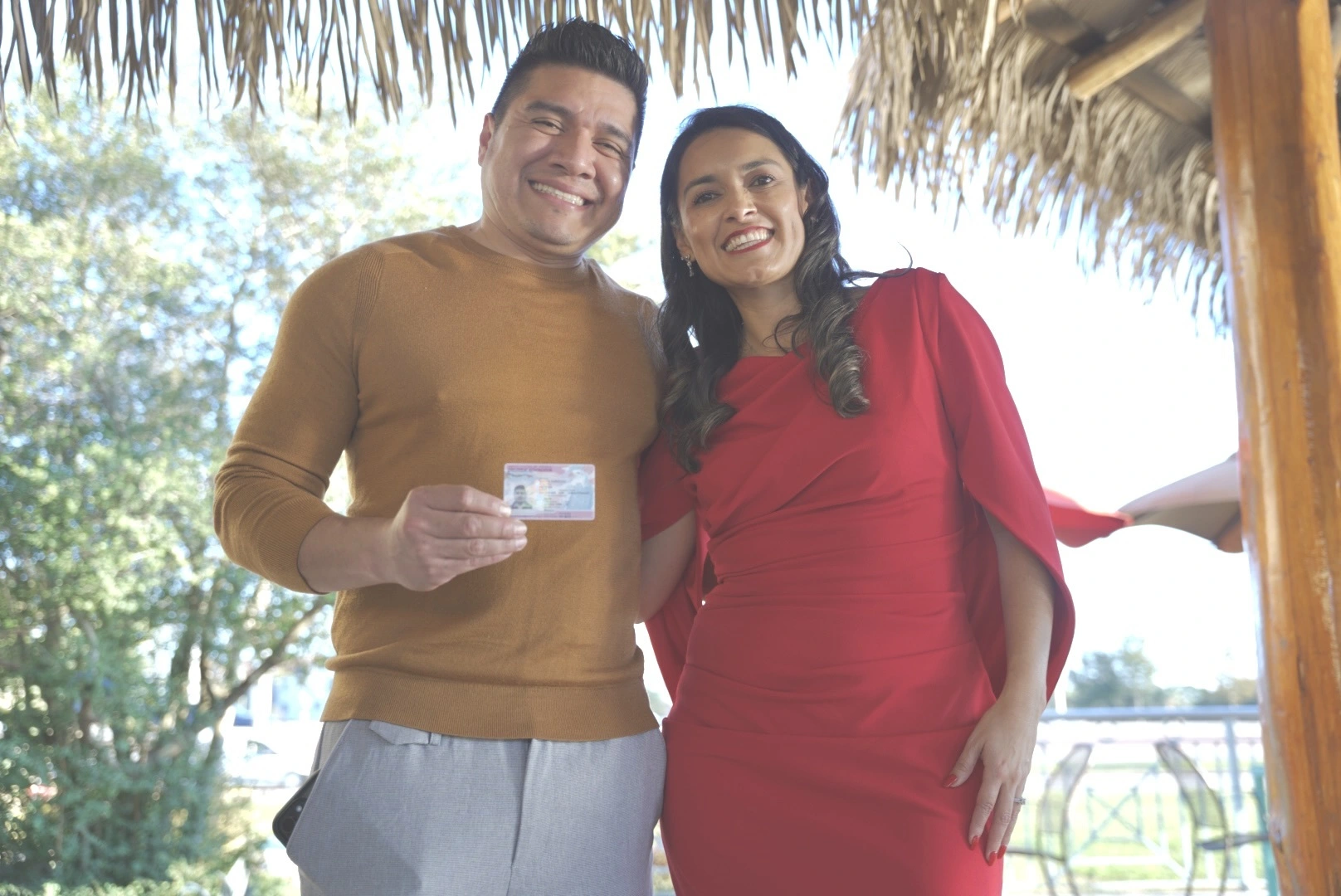Key Points:
- The United States Citizenship and Immigration Services (USCIS) has announced an increase in the investment and income thresholds for the International Entrepreneur Rule program.
- These thresholds are updated every three years.
- The changes will take effect on October 1, 2024.
Summary:
On July 24, 2024, U.S. Citizenship and Immigration Services (USCIS) announced an increase in the investment and income thresholds for foreign startup founders applying for a visa under the International Entrepreneur Rule (IER). This program, established during the Obama administration, allows foreign entrepreneurs to start businesses in the United States.
New Investment and Income Thresholds:
Effective October 1, 2024, foreign entrepreneurs must demonstrate that their company has received:
- An investment of at least $311,071 (previously $264,147)
- At least $124,429 (previously $105,659) in government awards or grants, or…
- If the startup doesn’t fully meet the above criteria, provide other strong and reliable evidence that demonstrates its significant potential for rapid growth and job creation.
To apply for a renewal, the founder must demonstrate that their startup has received:
- At least $622,142 (previously $528,293) in investments.
- Created at least five jobs, or…
- Achieved annual U.S. revenue of at least $622,142 (previously $528,293).
Requirements for Investments:
USCIS also updated the requirements for startup investment sources. The investor must have a track record of significant investments in successful startups over the past five years.
To qualify, the individual or organization must have:
- Invested at least $746,571 (previously $633,952) in startups, either with equity or similar stakes.
- Additionally, following their investment, at least two of these startups must have created at least five jobs or generated $622,142 (previously $528,293) in revenue, with an average annual growth of at least 20%.
IER Program Details:
The International Entrepreneur Rule (IER) was established in January 2017 to allow foreign entrepreneurs to remain in the United States and develop their businesses. In 2018, the Trump administration attempted to suspend the rule, citing concerns about its implementation. However, a subsequent court ruling required the DHS to begin accepting applications under the rule. Since then, the Biden administration has reaffirmed its support for the IER, praising this policy for enabling international entrepreneurs to contribute to the U.S. economy.
Since Fiscal Year 2021, USCIS has received 94 applications: 26 approved, 28 rejected, and 40 cases that are either pending or have been withdrawn.
Key Criteria for Qualification:
- Entrepreneurs must be involved in a U.S. startup founded within the last five years.
- Entrepreneurs can reside abroad or already be in the United States.
- Startups must have been established in the U.S. within the last five years.
- Up to three entrepreneurs per startup may be eligible.
- Spouses of entrepreneurs may apply for work authorization, but their children may not.
Under this rule, entrepreneurs can receive an initial stay of up to two and a half years to oversee and expand their U.S. venture. An extension of up to an additional two and a half years may be granted if the startup continues to provide significant public benefit, demonstrated by substantial increases in capital investment, revenue, or job creation.
For more information, Boundless has created a detailed guide on the International Entrepreneur Rule.
Follow Us:
Disclaimer: This information is for informational purposes only and does not constitute legal advice. Please consult with an immigration attorney for specific legal guidance.
This information is protected by copyright ©. If you wish to share it, please attribute ownership to: www.lawvm.com.


